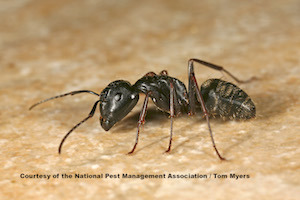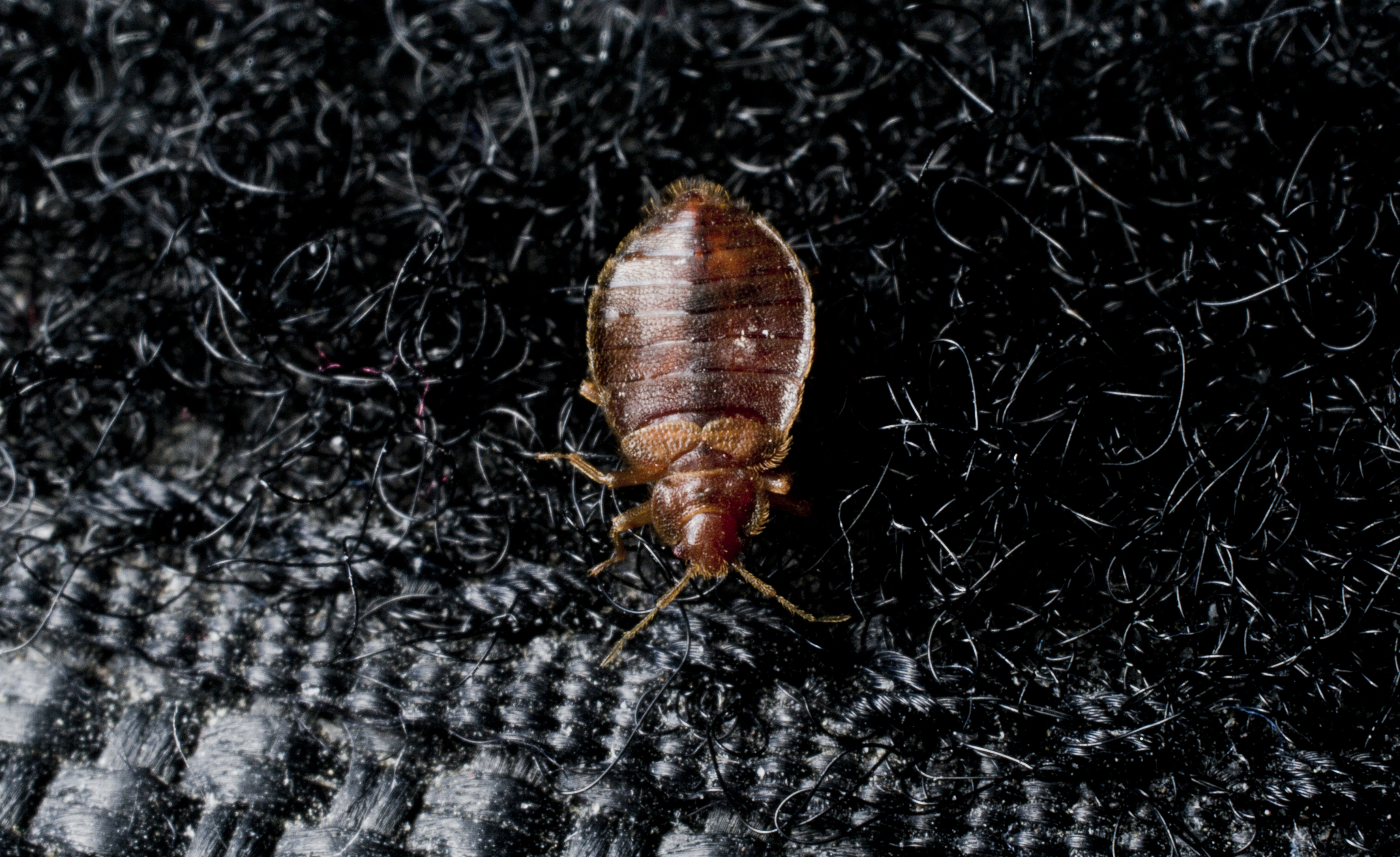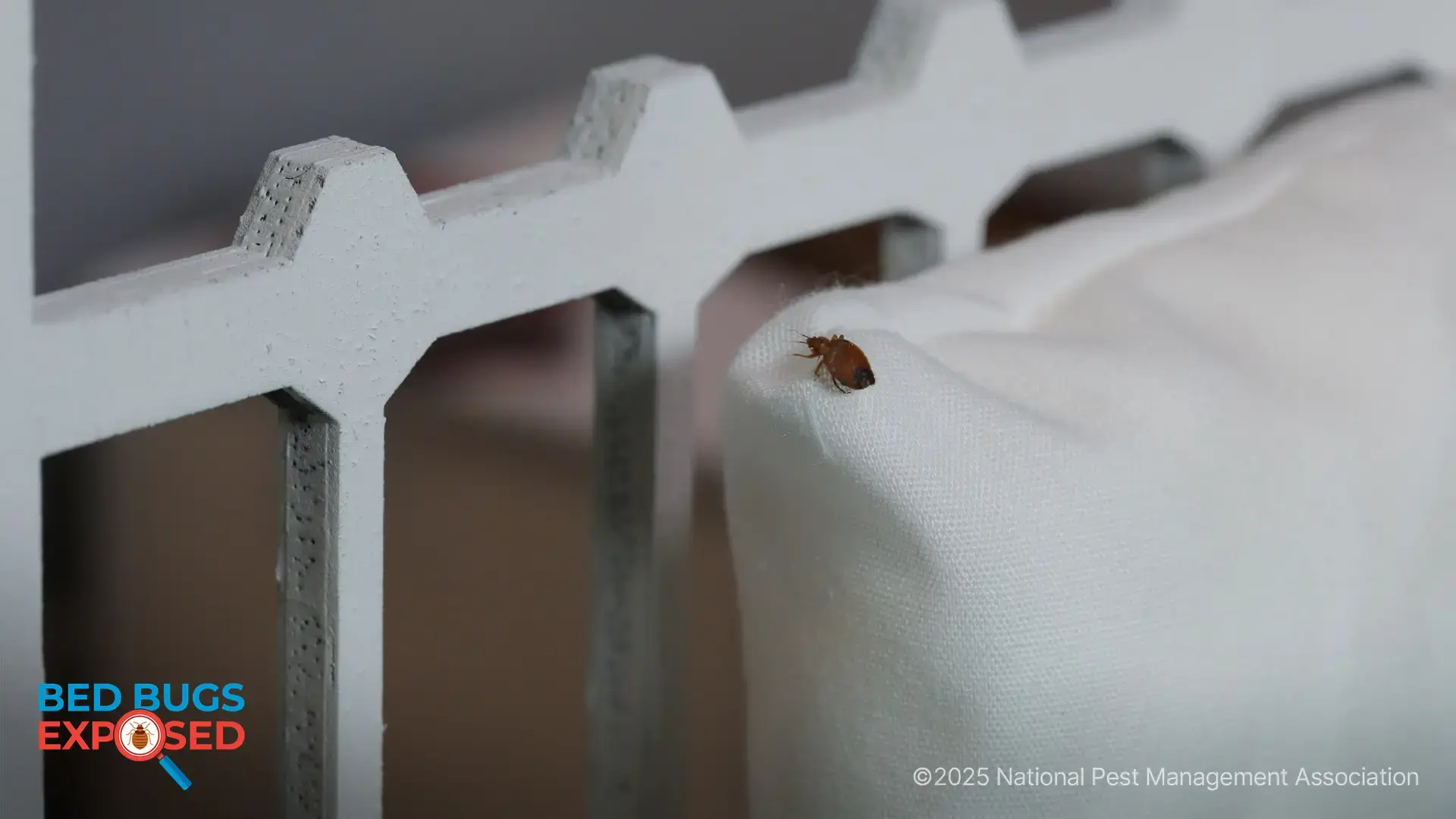FAQ: Eastern Equine Encephalitis (EEE)
Everything you need to know about EEE, a potentially dangerous mosquito-borne illness

What is EEE?
Eastern Equine Encephalitis (EEE) is a rare disease caused by a virus spread through the bite of an infected mosquito. This illness can result in one of two types of illness, systemic or encephalitic, with encephalitic being the deadlier of the two.
How common is EEE?
Typically, only 5-10 human cases of EEE are reported in the United States each year. Between 2009 to 2018, 21 U.S. states reported a total of 72 human cases of EEE, according to the Centers for Disease Control and Prevention. The majority of cases occur in eastern or Gulf Coast states, such as Florida, New York, Massachusetts and Georgia. However, 2019 has become a record year with 28 human cases reported and 10 human deaths, the highest and deadliest rates seen in the last 10 years.
How is EEE spread?
Mosquitoes are vectors of EEE, spreading the illness by feeding on infected animals and transmitting it to humans. It is spread to humans through the bite of an infected mosquito.
What are the symptoms of EEE?
- According to the National Pest Management Association’s medical advisor Jorge Parada, the symptoms of mild cases of EEE are similar to the flu with chills, fever and joint pain. Symptoms can last for one to two weeks and most people will make a full recovery.
- Severe cases that develop into the encephalitic form of EEE targets the brain and causes symptoms such as vomiting, convulsions, and even coma. It typically takes several days for the symptoms of EEE to appear.
- The Centers for Disease Control and Prevention reports that approximately 30 percent of people with EEE die as a result of the infection and many survivors have ongoing neurologic problems.
- People are urged to seek medical attention if experiencing any degree of these symptoms.
How can I protect against mosquito bites?
- Properly apply insect repellent containing at least 20 percent DEET, picaridin or oil of lemon eucalyptus; follow label instructions closely and reapply as needed
- Wear closed-toe shoes, long pants and long sleeve shirts when spending time outdoors to limit skin exposure
- Avoid wearing dark colors, floral prints and sweet-smelling perfumes and colognes while outside
- Avoid being outside during dusk and dawn when mosquitoes are most active
How can I prevent mosquito breeding grounds on my property?
You can help reduce mosquito breeding grounds by eliminating sources of standing water. Mosquitoes can rapidly multiply and need only half an inch of standing water to lay their eggs — that’s the size of a water bottle cap. Once a week, walk around the property and dump stagnant water sources you find, paying attention to bird baths, kid toys, pool covers, tires and more. Homeowners can also clean out gutters that hold debris or leaves and screen windows and doors. Contact a licensed pest control professional for help controlling mosquito populations in your yard.
What should I do if I believe I have EEE?
Seek medical attention as soon as possible if you show signs of illness after being exposed to mosquitoes.

Learn About Ants
Ants are a common pest homeowners struggle to eradicate. Learn more about them!

Bed Bug Pest Guide
Traveling this summer? Be sure to keep an eye out for bed bugs! Use our Pest Guide to help identify this pest.

NPMA's Bed Bugs Exposed Project
Check out NPMA's Bed Bugs Exposed project to learn more about this hitchhiking pest and how to prevent an infestation at home.
Find a PEST PRO in your area

Learn About Ants
Ants are a common pest homeowners struggle to eradicate. Learn more about them!

Bed Bug Pest Guide
Traveling this summer? Be sure to keep an eye out for bed bugs! Use our Pest Guide to help identify this pest.

NPMA's Bed Bugs Exposed Project
Check out NPMA's Bed Bugs Exposed project to learn more about this hitchhiking pest and how to prevent an infestation at home.
